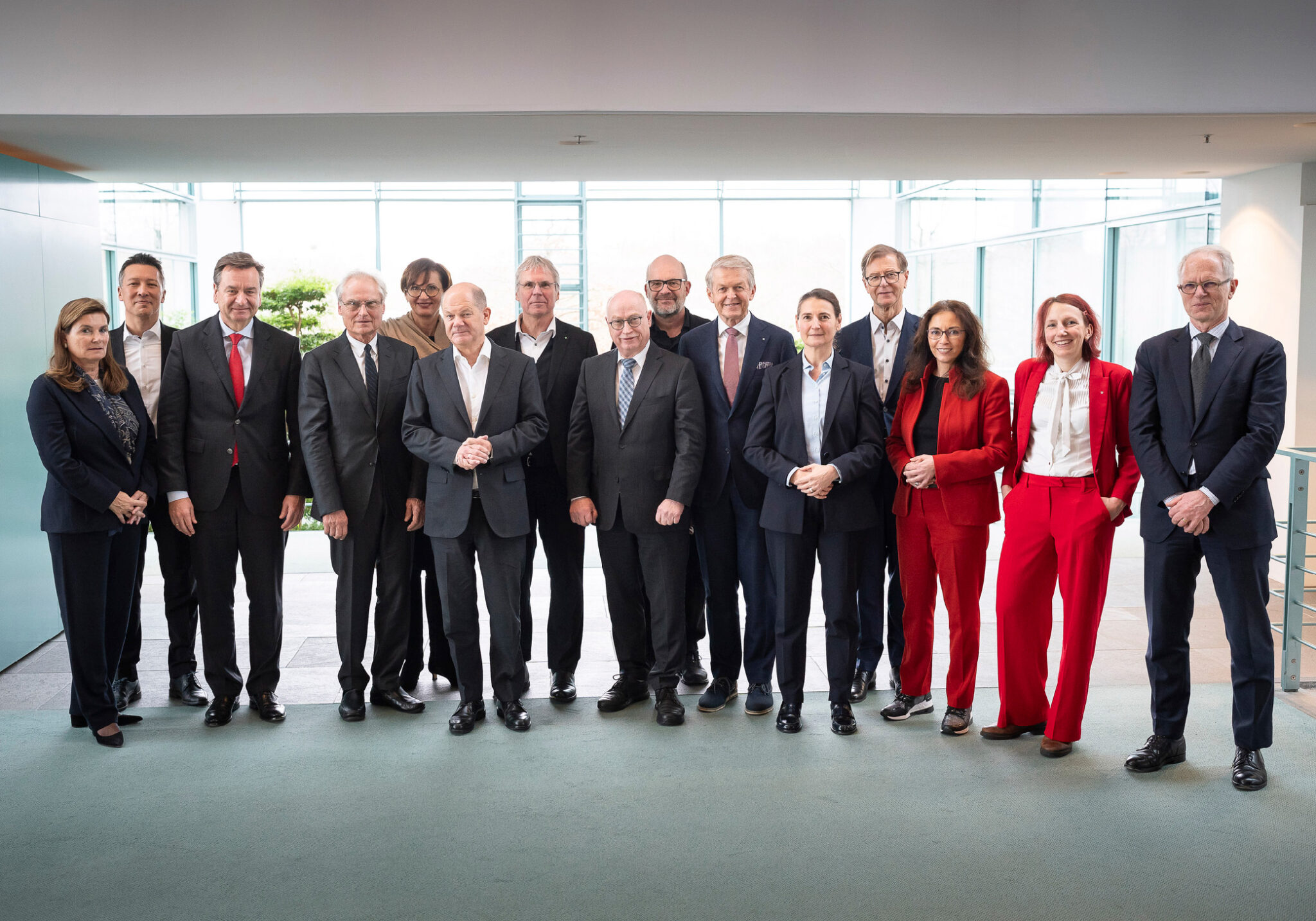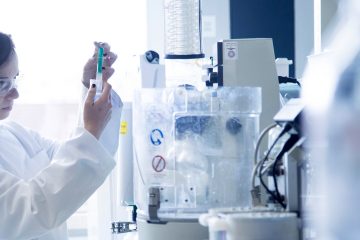Lost in Translation: How Germany can unleash the potential of biotechnology

Munich, 01 February 2024
As a key technology of the 21st century, biotechnology can make a relevant contribution to solving current social challenges and strengthen Germany’s competitiveness – provided that the brilliant ideas of the German research and development landscape are successfully translated into market-ready applications. However, this does not happen often enough in international comparison. The acatech IMPULSE „Lost in Translation? – Ansätze zur Entfesselung gesellschaftlicher und ökonomischer Potenziale der Biotechnologie“ (Approaches to unleashing the social and economic potential of biotechnology) shows ways along the translation process to better utilise the opportunities of this technology in the future.
Current challenges in the areas of health, resources, the environment, nutrition and energy require new solutions in order to be able to meet the needs of society as a whole and ensure a good standard of living in the future. Advances in red, white and green biotechnology – i.e. in the fields of medical, industrial and agricultural biotechnology – have led to numerous processes and applications that could provide such solutions. Most recently, the industry’s capabilities were impressively demonstrated by the rapid development of vaccines during the Covid-19 pandemic.
However, Germany fails too often in translating innovative biotechnological processes into market-ready applications. This translational weakness must be overcome by resolving capital bottlenecks, protracted negotiations on intellectual property (IP) and strict regulatory provisions in favour of framework conditions that promote innovation. In addition, existing forces in biotechnology must be bundled into innovation clusters in order to gain international clout.
Based on a dossier presented to the Future Council of the Federal Chancellor in July 2023, the acatech IMPULSE „Lost in Translation? – Ansätze zur Entfesselung gesellschaftlicher und ökonomischer Potenziale der Biotechnologie“ (in German) identifies options for action to better utilise existing innovation policy opportunities in biotechnology in Germany. In addition to the establishment of a top-level dialogue between politics and the biotechnology sector, an ambitious biotechnology strategy is particularly needed in order to position Germany in a stable position in international competition.
The federal government’s national pharmaceutical strategy is a first important step towards such a broad biotechnology strategy process. Key recommendations, particularly with regard to reducing regulatory hurdles without lowering the level of safety and quality, have already been incorporated here.
At the same time, the ongoing debate surrounding the European Commission’s draft regulation on dealing with new genome technologies in plant breeding shows that, in addition to a new political willingness to adapt the framework conditions, there are still reservations about biotechnological processes. In the political and social debate, the realistic risks on the one hand and the possible opportunity costs of not using the technology on the other should always be weighed up against each other on the basis of facts. This is the only way to capitalise on the momentum from the pandemic and quickly set the right political course to strengthen Germany’s innovative strength, resilience and sovereignty across the entire spectrum of biotechnological applications.





